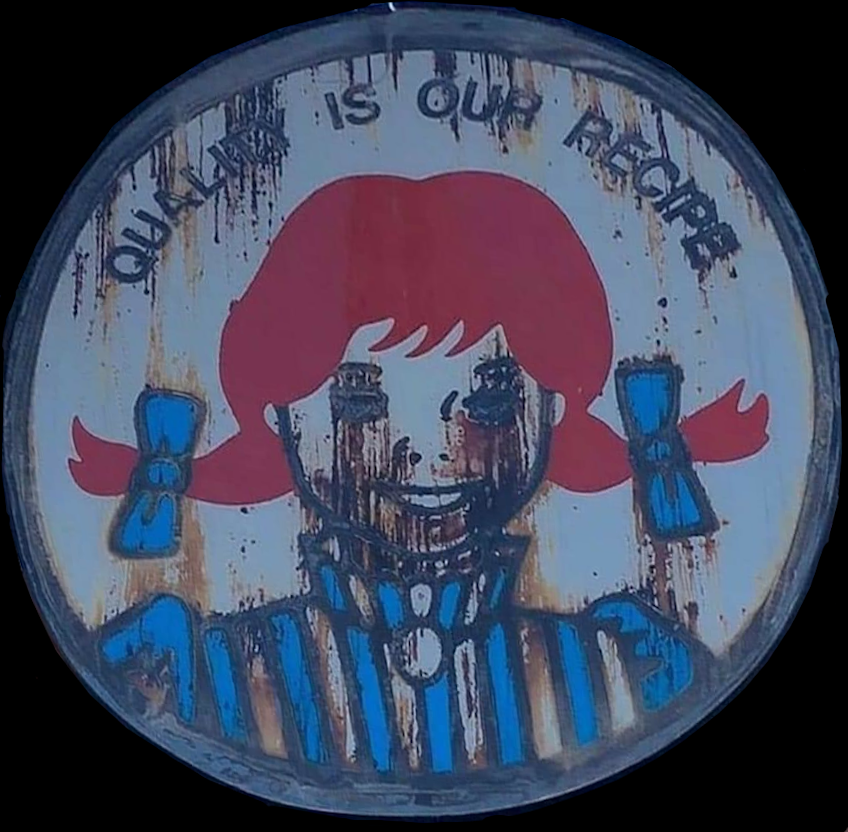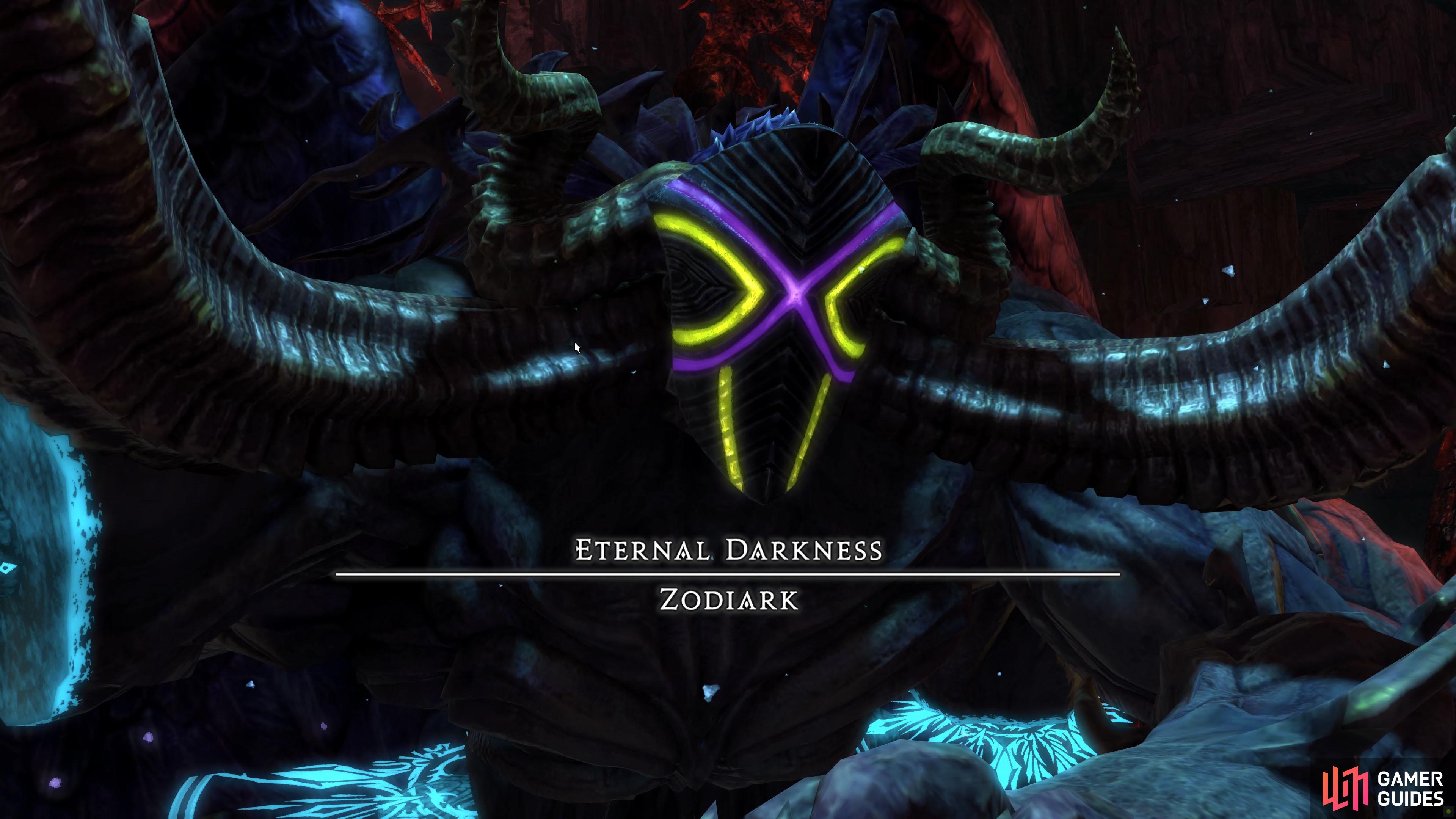title
Truth is preferable in matters where being incorrect can lead to harm.
Absolutely “know you have none”. Being blindsided when the time comes would be way worse than being able to be mentally prepared prior.
The latter. Why would anyone want the former?
Too stressed/overwhelmed/in danger to process the perceived loss of accepting the latter and facing starting from nothing. When there is seemingly nowhere to flee and you cannot ‘pick your battles’, you may choose not to think about some of them until they are fully in your face. It can be a way of coping when things have become Mr Bones’ Wild Ride.
know i have none. id know to limit my exposure, whether emotionally, physically, mentally etc.
If someone were to tell me they’d prefer to be mistaken—about anything—I wouldn’t really know what to make of it.
i’d prefer to be mistaken about most of my predictions for the future
That’s a bit of wordplay: You’re not mistaken about what your predictions are, you just hope the predictions are wrong

Why do you ask, are you trying to sell me insurance?

Live in delusions or ask what is to be done?
Know I have none, better to adjust then
Odd question but I want to know my odds and resources.
I always want to know the truth, so, that.
Well, is there anything stopping me from planning ahead for the sudden loss of a support network, even if I believe myself to have one? Is there anything that says that I could not quickly adapt to a situation where I am cut off from my support network? I already think very frequently about all sorts of questions that would lead to such a situation, and I try to plan accordingly with various redundancies.
So this question really just boils down to “How well can you handle isolation in a pinch?” — those who can handle it well might prefer to live in mental comfort for as long as possible, but those who do not believe that they could handle it well, might rather prefer to have more time to mentally prepare. I don’t think that either is strictly better than the other, as those who live knowing that they have no support probably do get used to it.
But how exactly would this question play out in practice, anyways? Would some Morpheus The Matrix figure tell me that people would not have my back during some non-specific future crisis, and then he’d ask me whether I’d like to take a blue pill to make me forget the whole experience? Well, what’s the difference between that and, say, a dream or hallucination wherein I received a vision of the future, and then I didn’t heed its message even when it was later proven correct? — Morpheus’ words would be “for real”, sure, but a hallucination would feel like it was “for real” as well, many people even take their dreams very seriously.
Which is to say, on the one hand, what is the difference between wrongly believing yourself to have support, and choosing to disbelieve in a dream or drug trip; and on the other hand, what exactly is the difference between “knowing you have no support” and wrongly insisting that you have no support even when you really do?
The only way to truly know when you have no support is when the crisis itself comes. Until then, it’s perhaps best to be cautiously optimistic.
Either way I don’t have any support so the answer is no I don’t want to be lied to and anticipate support I won’t get
The premise is probably one of emotional health. And having been in that situation quite a lot, I choose “knowing you have none” invariably. The letdown is way worse than any comfort from anticipation.














